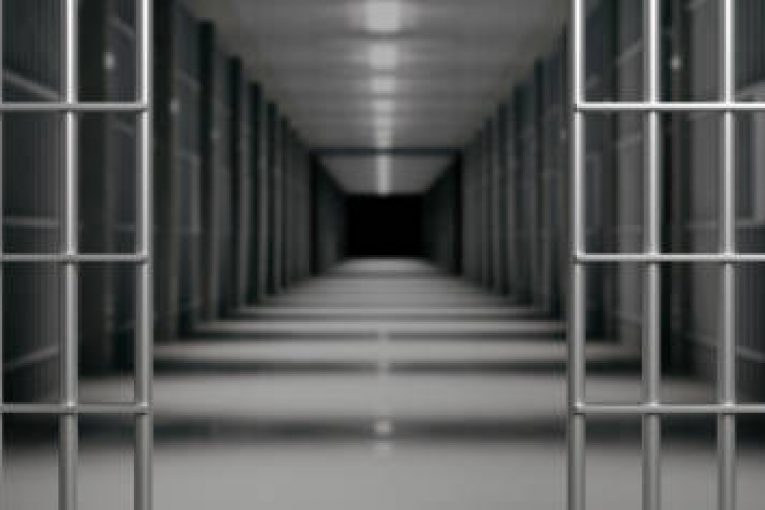
SAN LUIS OBISPO, CA – The U.S. Department of Justice (DOJ) this week entered into an agreement with San Luis Obispo County to address unconstitutional conditions at the county jail.
The DOJ said its investigation uncovered severe issues, including inadequate suicide prevention measures, excessive use of force, and harmful isolation of mentally ill individuals, all of which violate federal law.
The investigation, initiated in October of 2018 under the Civil Rights of Institutionalized Persons Act (CRIPA) and the Americans with Disabilities Act (ADA), concluded, said DOJ, the jail’s conditions violated the Eighth and 14th Amendments to the U.S. Constitution and the ADA.
“This agreement includes strong remedial provisions that, if fully implemented, should improve suicide prevention, reduce excessive force, and reduce the use of unnecessary isolation,” said a DOJ representative.
The DOJ reported the agreement outlines a series of reforms aimed at addressing systemic deficiencies in the jail, including implementing suicide prevention protocols, ensuring any use of force complies with federal standards, limiting the use of restrictive housing for mentally ill individuals, and creating a quality assurance program.
The DOJ added the agreement also mandates the appointment of a lead expert to monitor the jail’s compliance, with public compliance reports to be issued every six months.
“We are pleased that with the cooperation of San Luis Obispo County we have achieved a comprehensive agreement that will protect the safety and civil rights of people incarcerated at the county’s jail,” a DOJ official added.
Among the most concerning issues identified were the isolation of individuals with serious mental illnesses without necessary protections, inadequate safeguards for those at risk of suicide, and the improper use of force by staff, reported DOJ.
These practices, DOJ emphasized, violated constitutional and federal standards.
The agreement acknowledges some progress made by the county since the initial findings, but it also stresses the need for further systemic change, stated the DOJ, which noted advocates have pointed to broader implications of the case, arguing the jail’s failures reflect deeper issues within the criminal justice system.
“The Civil Rights Division continues to prioritize unconstitutional conditions and violations of federal law in correctional and juvenile justice facilities,” the DOJ representative noted.
Under the terms of the agreement, the DOJ and advocates will monitor the county’s compliance closely, emphasizing the importance of accountability in ensuring the agreement leads to meaningful change.